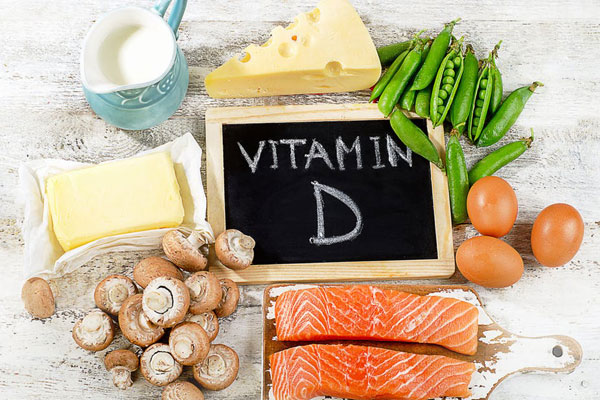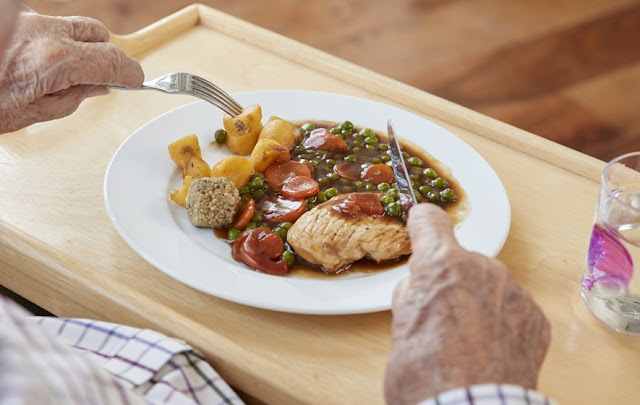This blood test can detect breast cancer even before clinical signs: Study

Researchers have found that a simple blood test can detect breast cancer up to five years before there are any clinical signs of it. The blood test identifies the body's immune response to substances produced by tumour cells, according to the research presented at the 2019 NCRI (National Cancer Research Institute) Cancer Conference in Glasgow, UK, on Sunday. "We need to develop and further validate this test," said Daniyah Alfattani from University of Nottingham in Britain. "However, these results are encouraging and indicate that it's possible to detect a signal for early breast cancer. Once we have improved the accuracy of the test, then it opens the possibility of using a simple blood test to improve early detection of the disease," she said. Cancer cells produce proteins called antigens that trigger the body to make antibodies against them -- auto-antibodies. The researchers have found that these tumour-associated antigens (TAAs) are good...




